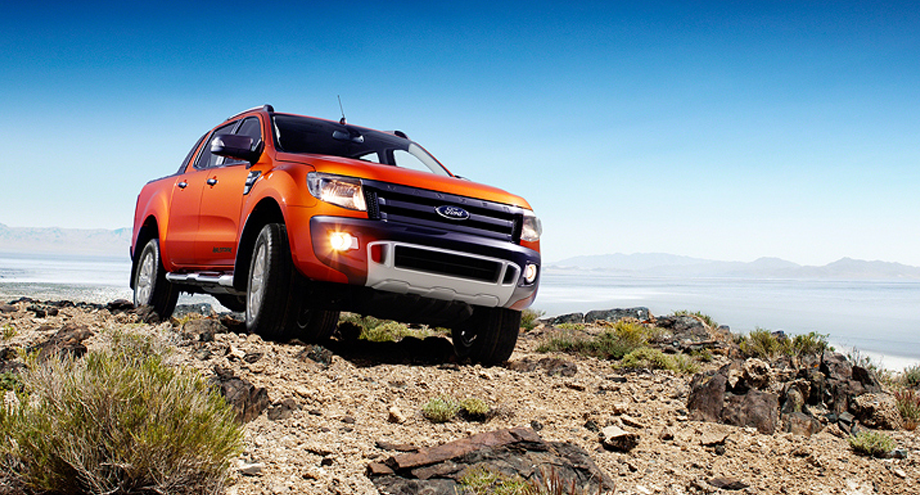Van tax and pick-ups - How does it work?

Everybody likes a pick-up. They look good while retaining the ability to carry or tow heavy loads. But do you have to pay tax on them?
The simple answer is yes, if you have a double or single cab pick-up provided by your employer that you use for private mileage. If it's a 'company car' that you use for leisure purposes then tax applies.
There is some good news, however. Pick-ups are not subject to the same level of benefit in kind taxation as a regular company car. HMRC classifies these pick-ups as vans, so long as they have a payload of 1 tonne (1000 kg) or more. Payload is equal to the van's gross vehicle weight minus its unoccupied kerb weight. More on that here.
Hard tops are given a set weight of 45kg, so be mindful that if your pick-up has one and your payload is 1040kg - the pick-up becomes a car in the eyes of the taxman. Be sure to check the figures so that you know your pick-up qualifies for the Van benefit charge.
How much van tax do you have to pay?
The Van benefit charge is £3170 for the 2016/17 tax year. In real terms this means that:
- Van tax on doublecabs and pick-ups for a 20% tax payer is £634
- Van tax on doublecabs and pick-ups for a 40% tax payer is £1268
If you get paid for all your fuel - private and business - then there is the fuel benefit charge to pay.
The Van benefit charge (including fuel benefit charge multiplier of £598) is £3768 for the 2016/17 tax year. In real terms this means that:
- Van tax on doublecabs and pick-ups for a 20% tax payer is £753
- Van tax on doublecabs and pick-ups for a 40% tax payer is £1506
If you cover no private mileage, there is no tax to pay. Trips like commuting or the school drop do not contribute towards private mileage. Other leisure activity like a trip to the shops or a holiday would count as private mileage.
If you are a sole trader or partner then there is no tax to pay on doublecabs or pick-ups.
Looking for a pick-up? Have a look at our range. Interested? Drop us a line!
















